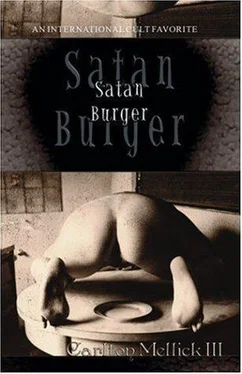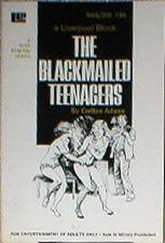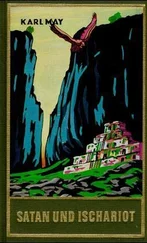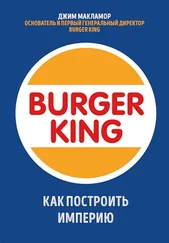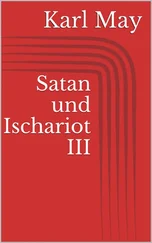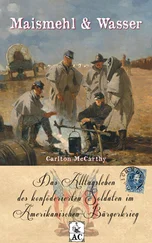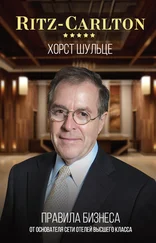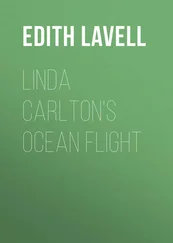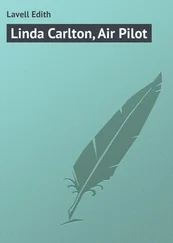The journey to the trainyard slows my vision. My thoughts go limp.
I am moving very slowly.
It’s not a difficult journey through the streets, even though I’m staggering half-mangled. Not too many people bother to walk anymore; they just sleep in piles along the side of the road. A few walm people flicker to my left, I think. My vision scatters so much I’m not sure if they’re real. I don’t bother to make sure.
Emptiness.
It clots in my head and scabs over all of my fluffy bright-colored emotions.
The horizon line doesn’t seem to make the landscape feel like it goes on forever anymore. The line is more like an ending. It shrinks my path, makes it smaller and smaller, until the path is just a dot. And after the dot, there’s nothing.
Pieces of cars and buildings are curled up in tiny balls next to the street corpses.
I have brain sickness. I’m drowning.
The train yard. It has less people in it than the street. The train still moves through its belly. It never stops. It never leaves either. The railroad tracks have been reconstructed into a crooked circle, screaming round and round. It’ll keep screaming round and round forever.
The train has been diagnosed with a dangerous rusting disease; it can’t touch other machines or they will go to pieces. The train is quarantined to the rail yard and was told by the rail master that a cure is in its way and to just hold on. But the rail master is walking up the road without any arms or face.
The sick train paces around the trainyard, shrieking against the track, moving-moving so that it doesn’t break into bits.
Some human passengers are aboard. They’re speaking casually to one another, waiting patiently to be taken somewhere. Prisoners of the train, these passengers, but they’re acting like they’re prisoner by choice.
The people are even smiling at each other, and they’re shaking hands every few minutes too, oblivious to the outside world and to the sad-sad train that possesses them.
Stepping through a patch of steel weeds.
I trip over an overgrown glass bush, crashing it between my corpse and the ground. My face filets open against the plant shatters.
A watery liquid pours out of my forehead; plastic-clear fluid floats on top of the soil in my face. I’m coughing up knotty ropes of slime into my arms.
Standing. Trying to ignore the large wounds in my flesh. A large section of my body opens up to the piercing gray wind I stagger against.
After stepping a dozen feet I notice the Richard Stein history book has fallen out of my hands. It’s lying in the crude pile of mucus that leaked out of my body.
I’ll have to get it later. No time to backtrack.
I spot Christian. He’s a swirling image but I still recognize his rotten suit. He’s sitting in a junk pile made of shriveled up medical equipment that had never been used.
His lungs are still breathing and the way he scratches his leg indicates he still has emotion enough to become physically irritated. Or is he scratching out of habit?
“We were waiting for you,” I tell Christian.
He doesn’t bother looking up at me. He’s staring with deep black-filled eyes at an empty bottle of Gold Rush liquor. Medical ants march in and out of the bottle and gather dry-sticky droplets.
“I guess I couldn’t find my way,” Christian tells me.
Standing there in silence and staring out at the hills of clutter-architecture, scrambled up in the red landscape.
The clear fluid drips out of me and runs down my legs. Neither my flesh nor the earth will soak in the fluid, allowing it to jiggle and dance on surfaces.
I’m sitting on a hollow respiration machine with my face in my lap.
“Why does there have to be life after death anyway?” Christian asks me. “Why can’t there just be death.”
“You might as well have killed yourself when you were born,” I tell him. “Why live at all if everything you did will die with you when you die?”
“We live for the present,” Christian says. “The past is always forgotten eventually. Why try to hold on to it? When our lives end, and we become the past, we won’t matter anymore.”
“You’re suggesting oblivion then,” I tell him. “Oblivion is a very ugly place to go to.”
“Oblivion is freedom. It’s like sleep without dreams, without waking up.”
“I would love to sleep forever, but I want to dream. I want to remember.”
“To disappear forever is bliss.”
“But everything will disappear forever…”
“It’ll be like nothing ever was.”
“Was there ever anything?”
“I think there was something at some point.”
The sun goes down and we are still in the trainyard.
“What will we do?” I ask.
“I don’t care, do you?”
“I’m pregnant,” I tell him.
“How did that happen?”
“The blue woman impregnated me with another blue woman. Maybe I’ll raise it.”
“Maybe you should abort it.”
“I think I should go back to my blue woman and start a family with her. Even though she’s a man.”
“And only two years old.”
“And a cockroach.”
“At least you have something to do. I wish I had something to do…”
“You have something to do,” I tell him. “You’re supposed to meet us at the walm.”
“I wish there was something else.”
“Something else…”
“I’m supposed to find my little sister. I promised myself I’d find out whose body she’s living in now and protect her from the walm creatures.”
“My eyes are all dizzy.”
Some medieval ones are battling across the train yard. They’re crashing against the rails and making a lot of noise.
The sick train is dying, coughing slowly along the train track, wheezing. There are no longer any people inside… as if they were digested within its guttering stomach.
The medieval ones slash each other in our direction, near my face and shoulder, battling and splashing against our corpses.
“Maybe we should go back to the walm and find Mortician and Nan,” I say to Christian.
“Yeah, let’s go back there.”
“Nice fighting,” I tell Christian about the medieval ones fighting around us.
“They go on forever… don’t they?”
“Forever and ever. Even when they are surrounded by death.”
“So violent.”
“The sun is coming up and they’re still fighting.”
“The sun is hardly a sun anymore.”
It reflects on a large brick wall ahead of me. A very large brick wall. I’m not sure if it was there before. It’s on the path back to the walm. I must have missed it on my way here.
It’s so large.
How did I overlook that giant obstruction, a hundred feet in the air?
It’s so large.
A sword cuts through Christian’s throat. Sounds like the ripping open of a papier-mâché donkey, and his severed head plops into his lap, staring back at himself.
“Has that wall always been there?” I ask Christian.
“My head’s fallen off,” Christian tells me.
I continue staring at the wall.
“I’m just a head,” Christian tells me.
I continue to stare at the wall.
“Why do you keep staring at that wall?” Christian asks.
“I’m trying not to shrug,” I tell him.
THE END
All rights reserved © 2003 Carlton Mellick III
All rights reserved under International and Pan-American Copyright Conventions. Published in Canada by Double Dragon eBooks, a division of Double Dragon Publishing of Markham Ontario, Canada.
This book is a work of fiction. Names, characters, places and incidents are products of the author’s imagination or are used fictitiously. Any resemblance to actual events or locales or persons, living or dead, is entirely coincidental.
Читать дальше
